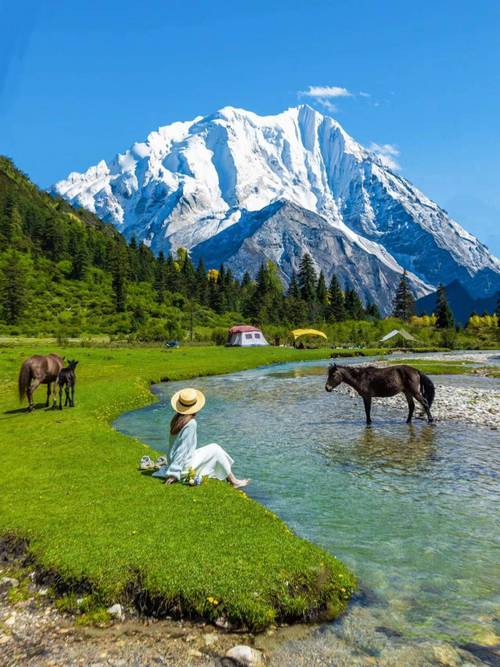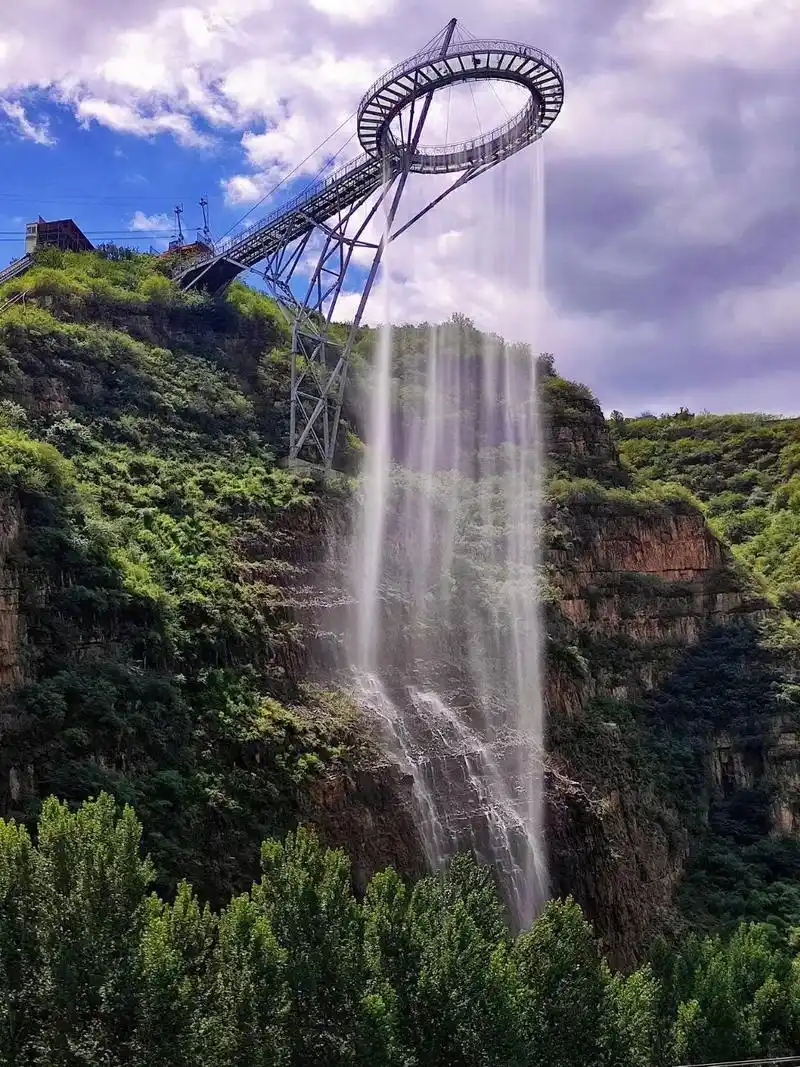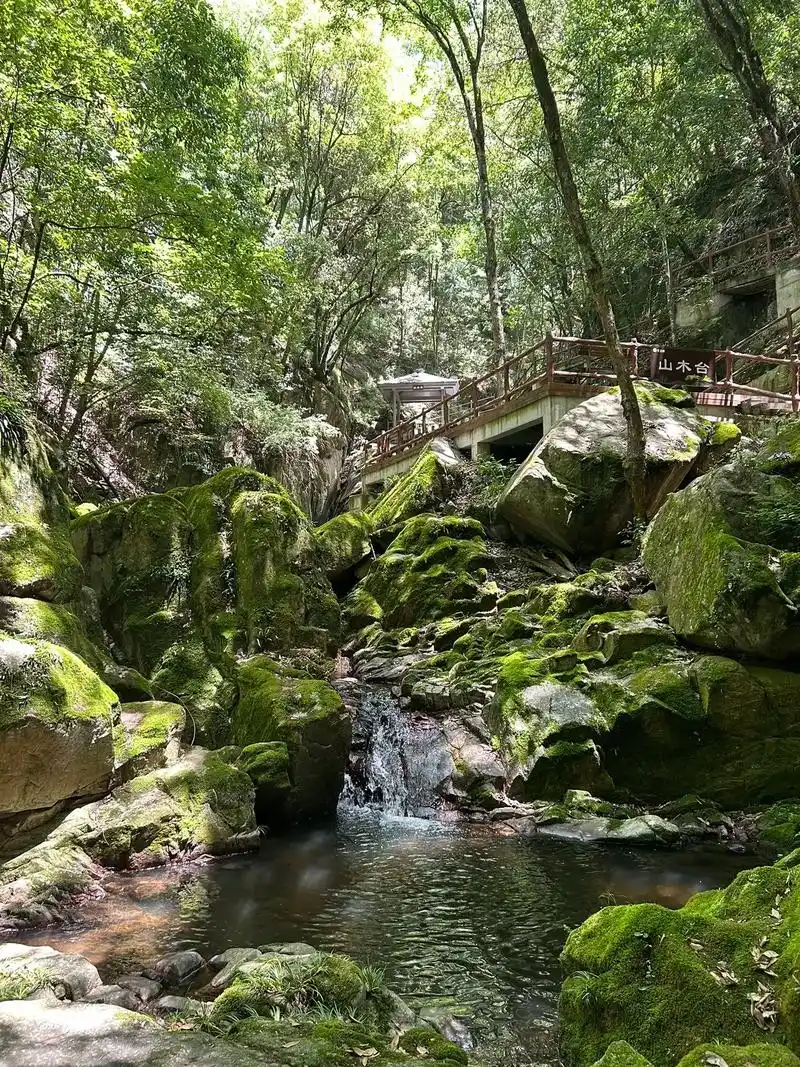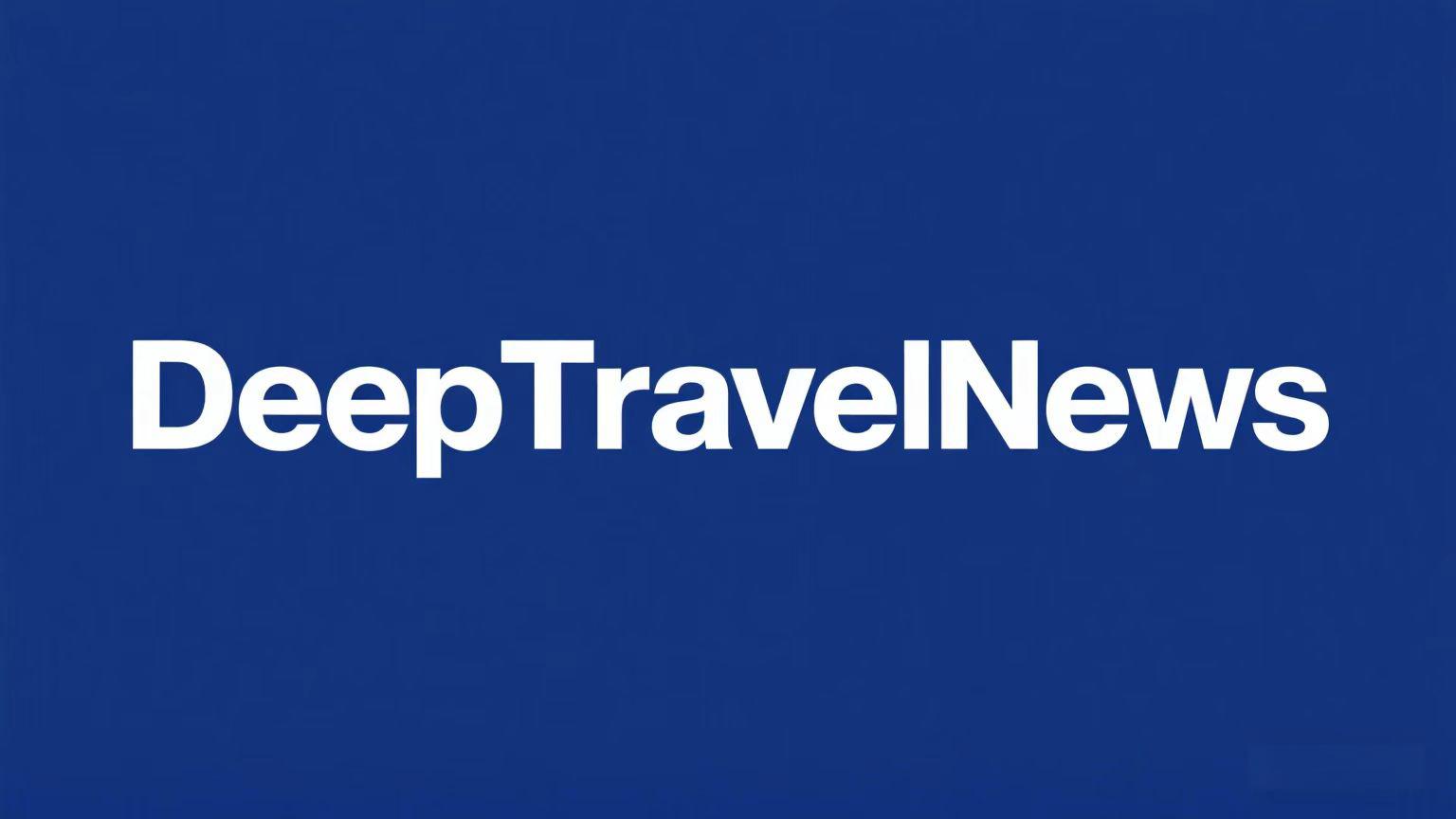France Travel
French Tourism Language Tips: Communicate Easily at French Attractions, Basic Phrases for French Travel
French Tourism Language Tips: Communicate Easily at French Attractions
France remains one of the world’s most visited destinations, celebrated for its art, history, cuisine, and scenic beauty. However, many travelers feel a sense of trepidation when it comes to interacting in French. While it’s true that English is commonly spoken in tourist hubs, making an effort to use basic French phrases can profoundly enrich your travel experience. Not only does it show respect for the local culture, but it also opens doors to more authentic interactions, smoother transactions, and a deeper appreciation of your surroundings. This guide offers practical language tips and essential phrases to help you navigate French attractions with confidence and ease.
Why Speaking French Matters
You might wonder: Can’t I just get by with English? In many cases, yes—especially in places like the Eiffel Tower, the Louvre, or popular restaurants in Paris. However, venturing beyond major cities or interacting with staff in smaller boutiques, local markets, or rural attractions often requires at least a basic grasp of French. More importantly, the effort you put into speaking the language, however imperfectly, is usually met with appreciation and warmth. A simple "Bonjour" can set a positive tone for the entire interaction.
Language is a bridge to culture. Using French allows you to connect with people, understand nuances, and experience France not as a passive observer but as an engaged traveler.
Basic Pronunciation Guide
Before diving into phrases, here’s a quick primer on French pronunciation:
- Silent letters: Often, the endings of words are not pronounced. For example, "parlez" (speak) is pronounced "par-lay," and "attractions" is "ah-trak-syon."
- Nasal vowels: These are distinctive to French. For instance, "bon" (good) is pronounced with a nasalized "on" sound, similar to the English "on" but spoken through the nose.
- The French "R": This guttural sound is made at the back of the throat. Think of it as a soft growl.
- Accent marks: They change the sound of the letter. For example, "é" is pronounced like "ay," while "è" is more open, like "eh."
Don’t worry about perfection. The goal is to be understood, not flawless.
Essential Phrases for French Travel
1. Greetings and Polite Expressions
Politeness is paramount in French culture. Always begin interactions with a greeting.
- Bonjour (bohn-zhoor) – Good day / Hello
- Bonsoir (bohn-swahr) – Good evening
- Merci (mehr-see) – Thank you
- S’il vous plaît (seel voo play) – Please
- Excusez-moi (ex-koo-zay mwah) – Excuse me
- Pardon (par-dohn) – Sorry / Pardon me
- Au revoir (oh ruh-vwahr) – Goodbye
Using "Bonjour" when entering a shop, museum, or café is considered polite. Similarly, "Merci" and "Au revoir" when leaving are expected.
2. At the Ticket Counter
When buying tickets for attractions, you might hear:
- "Combien coûte l’entrée ?" (kohm-byen koot lahn-tray?) – How much is the entry?
- "Un billet pour [le musée du Louvre], s’il vous plaît." (uh bee-yay poor luh mew-zay dew Loov-ruh) – One ticket for the Louvre, please.
- "Avez-vous des réductions pour les étudiants ?" (ah-vay voo day ray-duk-syon poor lay zey-tew-dee-ahn?) – Do you have discounts for students?
- "Je voudrais un plan." (zhuh voo-dray uhn plahn) – I would like a map.
3. Asking for Directions
Large attractions like Versailles or Mont Saint-Michel can be overwhelming. Useful questions include:
- "Où sont les toilettes ?" (oo sohn lay twa-let?) – Where are the restrooms?
- "Comment aller à [la Tour Eiffel] ?" (koh-mahn ah-lay ah lah Toor Eye-fel?) – How do I get to the Eiffel Tower?
- "C’est loin ?" (say lwahn?) – Is it far?
- "Je suis perdu(e)." (zhuh swee pehr-doo) – I am lost. (Use perdue if you are female)
4. Dining and Cafés
Enjoying French food is a highlight for many. Key phrases for restaurants:
- "Une table pour deux, s’il vous plaît." (oon tah-bluh poor duh) – A table for two, please.
- "La carte, s’il vous plaît." (lah kart) – The menu, please.
- "Je voudrais commander." (zhuh voo-dray koh-mahn-day) – I would like to order.
- "L’addition, s’il vous plaît." (lah-dee-syon) – The check, please.
- "C’était délicieux !" (say-tay day-lee-syuh) – It was delicious!
5. Shopping and Souvenirs
- "Je regarde simplement." (zhuh ruh-gard sampl-mahn) – I’m just looking.
- "Combien ça coûte ?" (kohm-byen sah koot?) – How much does this cost?
- "Acceptez-vous les cartes de crédit ?" (ak-sep-tay voo lay kart duh crey-dee?) – Do you accept credit cards?
- "C’est pour offrir." (say poor oh-freer) – It’s a gift.
6. Emergencies and Help
Hopefully not needed, but good to know:
- "Aidez-moi !" (ay-day mwah!) – Help me!
- "J’ai besoin d’un médecin." (zhay buh-zwahn duhn mehd-san) – I need a doctor.
- "Où est la pharmacie ?" (oo ay lah farm-ah-see?) – Where is the pharmacy?
Navigating Specific Attractions
Museums and Galleries
France is home to some of the world’s finest museums. Besides the famous Louvre, don’t miss the Musée d’Orsay, Centre Pompidou, or the lesser-known gems like the Rodin Museum. Phrases like:
- "Où est la Joconde ?" (Where is the Mona Lisa?)
- "Les audioguides sont disponibles ?" (Lay oh-deeoh-geed sohn dispo-nee-bluh?) – Are audio guides available?
Historical Sites
From the D-Day beaches in Normandy to the Roman amphitheaters in Provence, historical sites often have informational plaques in French. You might ask:
- "Ce château date de quelle époque ?" (This castle dates from which period?)
- "Y a-t-il une visite guidée en anglais ?" (Is there a guided tour in English?)
Transport Hubs
Train stations like Gare du Nord or Charles de Gaulle Airport can be busy. Useful questions:
- "Où est le quai pour le train à [Avignon] ?" (Where is the platform for the train to Avignon?)
- "Le train est à l’heure ?" (Is the train on time?)
Cultural Tips for Effective Communication
- Always start with "Bonjour" – Never launch directly into a question or request.
- Use "vous" instead of "tu" – "Vous" is the formal form of "you" and is appropriate for strangers.
- Speak calmly and clearly – Avoid raising your voice; it is considered rude.
- Learn to listen for key words – You may not understand full sentences, but catching words like "gauche" (left), "droite" (right), "tout droit" (straight ahead), or "ici" (here) can be helpful.
- Don’t be afraid to switch to English politely – If you’re struggling, you can say:
"Parlez-vous anglais ?" (Do you speak English?)
Or:
"Désolé(e), je ne parle pas bien français." (Sorry, I don’t speak French well.)
Using Technology to Your Advantage
While learning phrases is invaluable, technology can fill the gaps:
- Translation apps like Google Translate offer instant camera translation, which is useful for menus or signs.
- Offline phrasebooks or audio guides can be lifesavers in areas with poor connectivity.
- Language learning apps such as Duolingo or Babbel can help you practice basics before your trip.
Conclusion: Embrace the Experience

Traveling in France is as much about the people as it is about the places. By arming yourself with a handful of French phrases, you demonstrate curiosity and respect for the local culture. Mistakes are part of the process—most French people will kindly correct you or appreciate the attempt. Whether you’re ordering a croissant at a boulangerie, asking for directions to Sainte-Chapelle, or thanking a server after a memorable meal, these small linguistic efforts will make your journey more rewarding and memorable.
As the French say: "Bon voyage !"
-
上一篇

French Attractions Souvenirs: Best Places to Buy Local Crafts Near French Attractions, French Travel Shopping Guide
**FrenchAttractionsSouvenirs:BestPlacestoBuyLocalCraftsNearFrenchAttr
-
下一篇

French Attractions Night Views: Must-See Nighttime Spots for French Travel, Illuminated Landmarks & Evening Activities
**ParisAfterDark:AJourneyThroughFrance'sMostEnchantingNighttimeAttract
相关文章
- French Travel Guide: In-Depth List of the Best Places to Visit in France, Covering Hidden Gems and Classic Landmarks
- French Attractions Recommendation: 2024 Must-Visit Checklist for French Tourism, From Eiffel Tower to South of France Towns
- French Tourism Guide: Unlock the Best Destinations in France, Detailed Popular Attractions & Transportation Tips
- Complete Guide to French Attractions: Can’t-Miss Check-In Spots for French Travel, Collection of Urban Landmarks & Natural Secluded Spots
- Best Places for French Travel: Curated TOP 50 French Attractions, Scenario-Based Recommendations for Family/Solo/Couple Trips
- French Attractions Guide: Must-Experience Popular Destinations for French Tourism, Full Analysis of Historical Relics & Artistic Landmarks
- French Travel Check-In: List of the Best Places to Visit in France, Stories Behind Attractions & Visiting Notes
- French Attractions Recommendation: In-Depth Travel Guide for French Tourism, Itineraries From Loire Valley to Mont Saint-Michel
- Best Destinations for French Travel: 2024 Latest Ways to Explore French Attractions, Collection of Less Crowded Hidden Destinations
- Complete French Attractions List: All-Scenario Guide for French Tourism, Best Places to Visit in Different Seasons
发表评论
评论列表
- 这篇文章还没有收到评论,赶紧来抢沙发吧~
